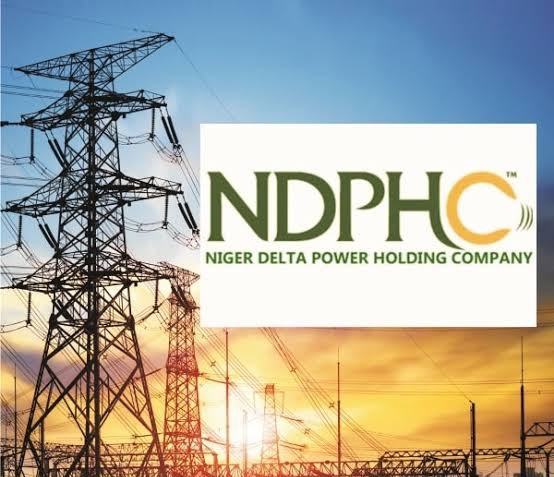-By Felix Douglas
The effect on power outage on businesses has been catastrophic and enjoyment of social amenities such as healthcare, adequate water supply, telecommunications and so on become limited, even impossible without stable electricity supply.
Epileptic power supply leads to revenue losses, business disruptions, laying-off of workers by affected industries among others.
It is the need for a better scheme of generation and supply that motivated the Federal Government in 2005 to conceive Electricity Power Supply Sector Reform and demonopolise the power sector thus leading to the formation of a fast track power generation source, the Nigeria Integrated Power Project (NIPP), which gave birth to the Niger Delta Power Holding Company Limited (NDPHC), which is currently owned by the Federal Government.
The NIPP projects were majorly awarded in 2006. These projects include transmission sub-station and lines. As at May 2016, the overall completed 330KV transmission line is 1,336.9 kilometers and in turn contracted 1,634.4 kilometres representing 82% completion.
The generation in 2005 include 23 grid connection generation plants with a total capacity of 19,396 Megawatts (MW) and available capacity of 6,956 MW in addition to 23 power plants already connected to the national grid.
The prospect of one power generation company, NDPHC to give a capacity of 5,455 MW for national grid commands a lot of attention and gives Nigeria hope that the future of electricity generation and industrialisation in the country is secured.
NIPP under NDPHC, contributed an addition of 4000 MW to the national grid which is an improvement to the power sector in Nigeria that has earned a great name to the power plant of NIPP as big 10 a name well deserved.
Beyond the big 10 is the new project for the future under the NDPHC. This new project is the renewable energy system popularly referred to as the new ‘girl’ in town. This renewable system is the energy that is generated from the renewable sources that naturally replenishes on the human times skill. It includes sources such as sunlight, wind, rain, tides, waves, heat among others.
Although most renewable energy sources are sustainable, these sources are environmentally friendly. The renewable energy which started as a small scheme under NDPHC in 2016, has already being deployed as home solar scheme to 20,000 homes as at 2022 mostly in some states in northern Nigeria. This was because of high radiation common to northern Nigeria.
Another reason is to breach the gap of energy supply in northern part of the country. Most of the northern states were not captured as a result of low radiation in southern Nigeria. Only 3 states were captured in addition to 12 in the north making it 15 states.
This success led to the formation of a renewable energy project as a department in NDPHC. The company now has 100,000 solar energy systems to be deployed across homes in Nigeria in communities that are not connected to national grid system.
As the biggest single power company in West Africa, NDPHC under its renewable energy system is going into more programmes to provide energy to communities.
NDPHC has plans to provide utility skill systems, mini grids for communities outside the grid and solar cabins for communities outside the grid.
Electricity and micro economic indicators, Small and Medium Enterprises (SMEs) hold the bloc of economic activities in the country. The effect of electricity power outage on SMEs in Nigeria, shows that the current electricity crisis in the country, were causing the SMEs over $686.4 of annual sales according to research.
The SMEs continue to record a huge loss daily as a result of poor electricity supply. The company intends to address these problems to both long and short term schemes. Despite the opportunities that entrepreneurship offers in terms of wealth creation and job opportunities for Nigeria teeming unemployed youths, stakeholders have noted that the sector is yet to receive the desired attention it deserves as a result of enormous challenges with poor power supply being the greatest challenge hindering its ability to take millions of Nigeria out of abject poverty.
At the moment, NDPHC is at the forefront of addressing the observed challenges to take the country to a greater height in terms of power supply.


Comment here